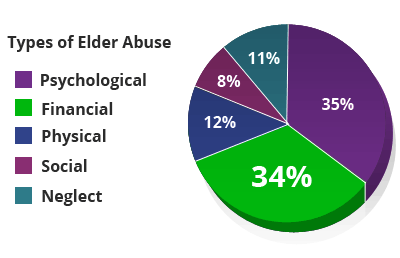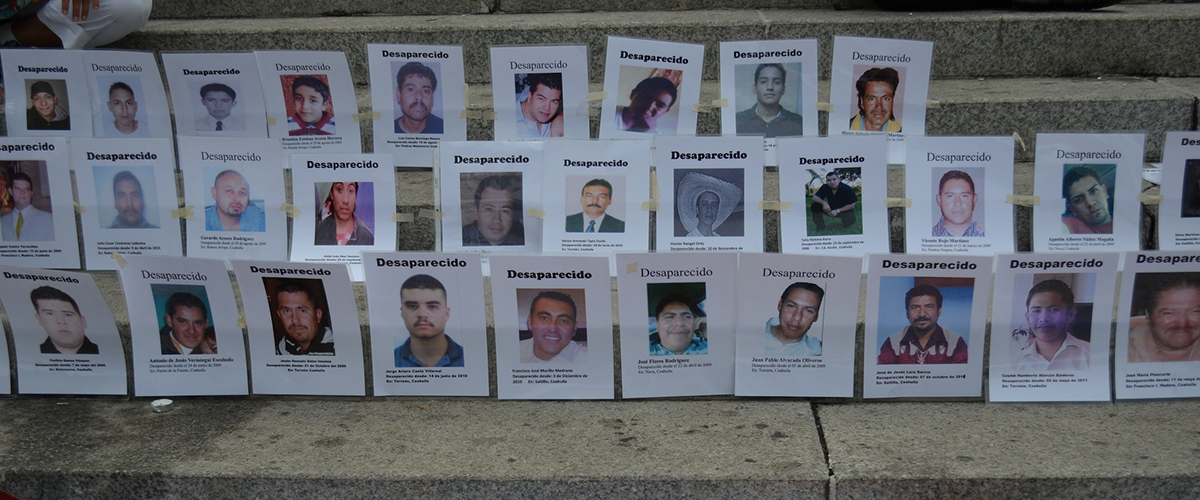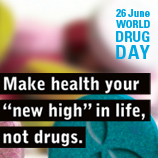We ask one another many questions, questions about all kinds of things.
But it happens also that we ask questions of… ourselves.
This situation may arise especially when faced with situations which we find disturbing.
At such times, we may wonder:
“Is God unaware of what is happening to me?
Does God not mind how I am suffering just now?
Can God not do something about what I am troubled with?”
 In fact, these questions are directed to… God himself!
In fact, these questions are directed to… God himself!
At such times, it may be good to do what God tells Moses in today’s 1st reading (Exodus 19:2-6):
“The Lord called to Moses and said: “This is what you are to tell the people of Israel:
‘You yourselves have seen what I did …
and how I carried you on eagles’ wings and brought you to myself’.”
God’s words invite us to look back – look back to how he, God, has dealt with us in the past.
To remember, to become aware again – or, perhaps for the first time – of what God has already done for us previously.
Could it not be that God has indeed carried us, pulled us out of difficult situations and, literally, brought us back to himself?
This looking back, this remembering, may not remove the present obstacle, or solve the actual problem.
But the perspective may change, the perception of what I am faced with may take on a completely different aspect.
And I may then feel better able to cope with what seemed overwhelming before…
It is worth a try!…
Note: Another text is available on a different theme, in French, at: https://image-i-nations.com/11e-dimanche-de-lannee-a-2023/
Source: Image: Depositphotos




 The United Nations’ (UN) International Day Against Drug Abuse and Illicit Trafficking falls on June 26 each year to raise awareness of the major problem that illicit drugs represent to society. This day is supported by individuals, communities and various organizations all over the world.
The United Nations’ (UN) International Day Against Drug Abuse and Illicit Trafficking falls on June 26 each year to raise awareness of the major problem that illicit drugs represent to society. This day is supported by individuals, communities and various organizations all over the world.